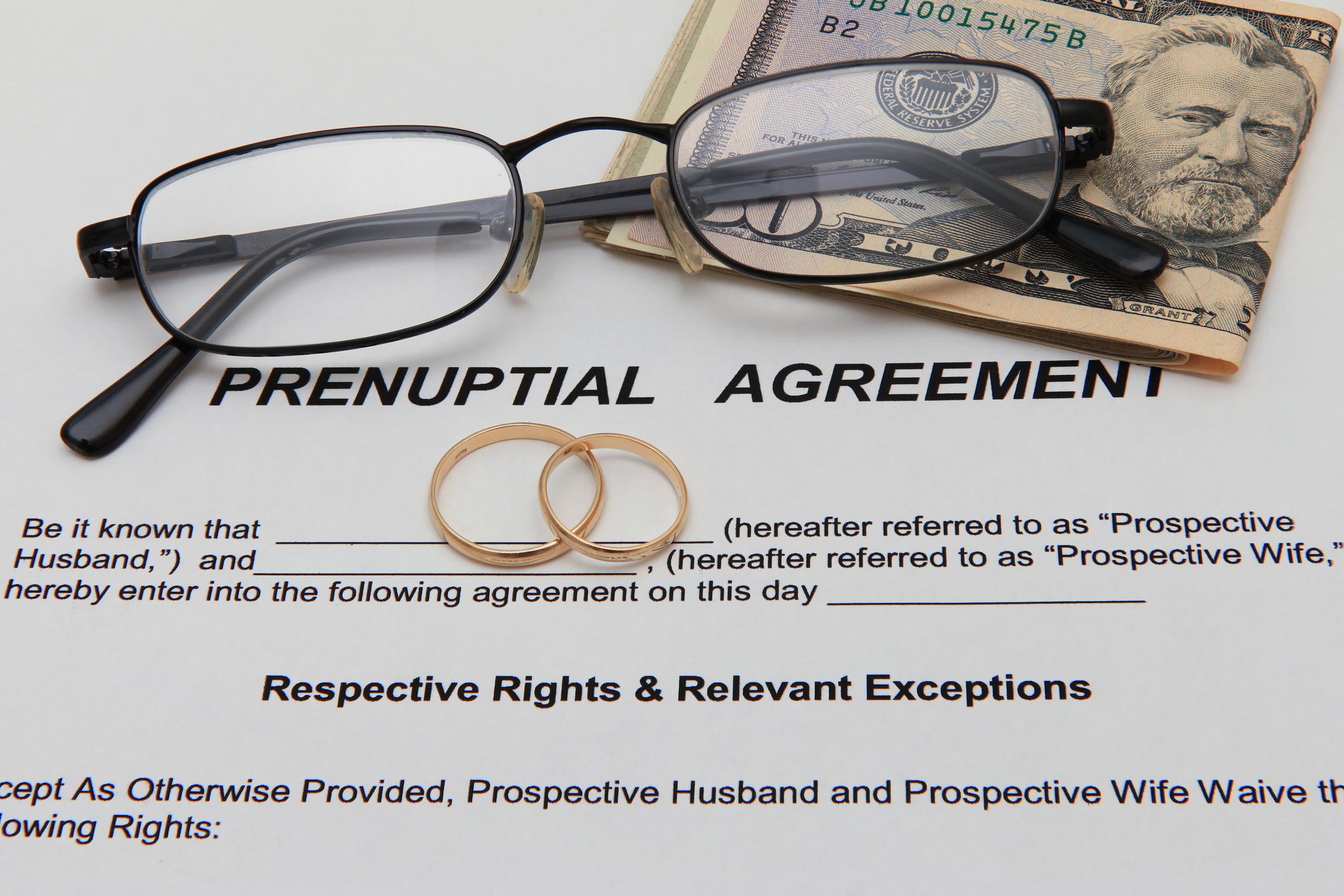Table of Contents
One of the most important decisions that couples can make before getting married is to consider entering into a prenuptial agreement or post-nuptial agreement. This agreement can provide couples with peace of mind and a safeguard against potential legal issues that may arise in the event of a divorce or separation.
What is a Prenuptial Agreement or Post-Nuptial Agreement?
A prenuptial agreement is a legal document that is signed before or after a couple’s wedding. The postnuptial agreement can be signed at any time during the marriage. Both documents are essentially the same, only the name changes depending on whether it was signed before or during the marriage.
The agreement outlines the rights, responsibilities, and obligations of each partner in the event of a separation or divorce. This agreement can be tailored to meet the needs of the couple and can include any financial arrangements that they wish to include. It is important to note that prenuptial or post-nuptial agreements are not the same as a marriage contract. A marriage contract is a document that outlines the rights and obligations of each partner in the event of the death of one partner.
Why New York Couples Should Consider a Prenuptial or Post-Nuptial Agreement
Entering into a prenuptial or post-nuptial agreement is a wise decision for couples in New York. This type of agreement can provide couples with the peace of mind that their assets and finances are protected in the event of a divorce or separation. Additionally, it can help couples to avoid costly and time-consuming court battles over property and assets. Furthermore, a prenuptial or post-nuptial agreement can help to ensure that any money earned during the marriage is divided in a fair and equitable manner.
There are numerous stories in the media of celebrities who didn’t get a prenuptial agreement and lived to regret it. https://www.buzzfeed.com/alexgurley/celebrities-who-didnt-sign-prenups That’s because high-value individuals or people with their own businesses have more to consider if there is a divorce.
What is Included in a Prenuptial or Post-Nuptial Agreement?
The specifics of what is included in a prenuptial or post-nuptial agreement will depend on the couple’s individual needs and wishes. Generally speaking, a prenuptial or post-nuptial agreement will outline the division of property and assets in the event of a separation or divorce. This can include both marital and separate property, as well as any retirement accounts, investments, and other financial assets. Additionally, the agreement can include provisions for alimony, child support, and other financial arrangements.
A prenuptial or postnuptial can also include provisions regarding post-divorce spousal support (alimony). Here’s an article on how post-divorce spousal support is calculated. https://nydivorcefacts.com/post-divorce-maintenance-divorces-filed-january-25-2016/
However, with a well-drafted prenuptial agreement, the parties can modify the law or waive maintenance entirely.
What are the Benefits of Having a Prenuptial or Post-Nuptial Agreement?
Having a prenuptial or post-nuptial agreement can provide couples with a number of benefits. These agreements can help couples to protect their assets and finances in the event of a divorce or separation. Additionally, these agreements can provide couples with the peace of mind that their financial and property interests will be taken care of in the event of a break-up. Furthermore, having a prenuptial or post-nuptial agreement can help to avoid costly and time-consuming court battles over property and assets.
What to Consider When Creating a Prenuptial or Post-Nuptial Agreement
When creating a prenuptial or post-nuptial agreement, there are a few things that couples should consider. First, couples should make sure that the agreement is fair and equitable. This means that the agreement should take into consideration the needs and interests of both partners. Furthermore, it is important for couples to make sure that the agreement is legally binding and enforceable.
Courts are more likely to enforce an agreement when both parties have been represented by lawyers. The courts will give a very close look at an agreement where the person who walked away with most of the assets had the only lawyer.
Lastly, couples should make sure that the agreement is properly executed and notarized.
What to Avoid When Creating a Prenuptial or Post-Nuptial Agreement
When creating a prenuptial or post-nuptial agreement, there are a few things that couples should avoid. First, couples should avoid including any provisions that are overly restrictive or punitive. Additionally, couples should avoid making any promises or agreements that are not legally binding. Finally, couples should avoid making any changes to the agreement without consulting an attorney.
Any provision regarding children will generally not be enforced by the court.
What Are the Different Types of Prenuptial or Post-Nuptial Agreements?
In New York, there are a number of different types of prenuptial and post-nuptial agreements. These agreements can be tailored to meet the specific needs and wishes of the couple. Generally speaking, prenuptial and post-nuptial agreements can include provisions for the division of assets support as mentioned above, and other financial arrangements.
Are Prenuptial or Post-Nuptial Agreements Enforceable in New York?
In New York, prenuptial and post-nuptial agreements are generally considered to be legally binding and enforceable. However, it is important to note that there are certain requirements that must be met in order for an agreement to be considered valid and enforceable. These requirements include that both partners must have entered into the agreement voluntarily, that both partners must have disclosed all of their assets and liabilities, and that the agreement must be properly notarized. A regular notarized signature is not good enough. The document has to be notarized with the same formality as used to transfer a deed.
To be enforceable, the agreement must be both reasonable at the time it was signed and reasonable at the time of the divorce.
Call Port and Sava for a Free 15 Minute Telephone Consultation
If you have any questions on prenuptial or postnuptial agreements, call Port and Sava at (516) 352-2999 for a free telephone consultation.

